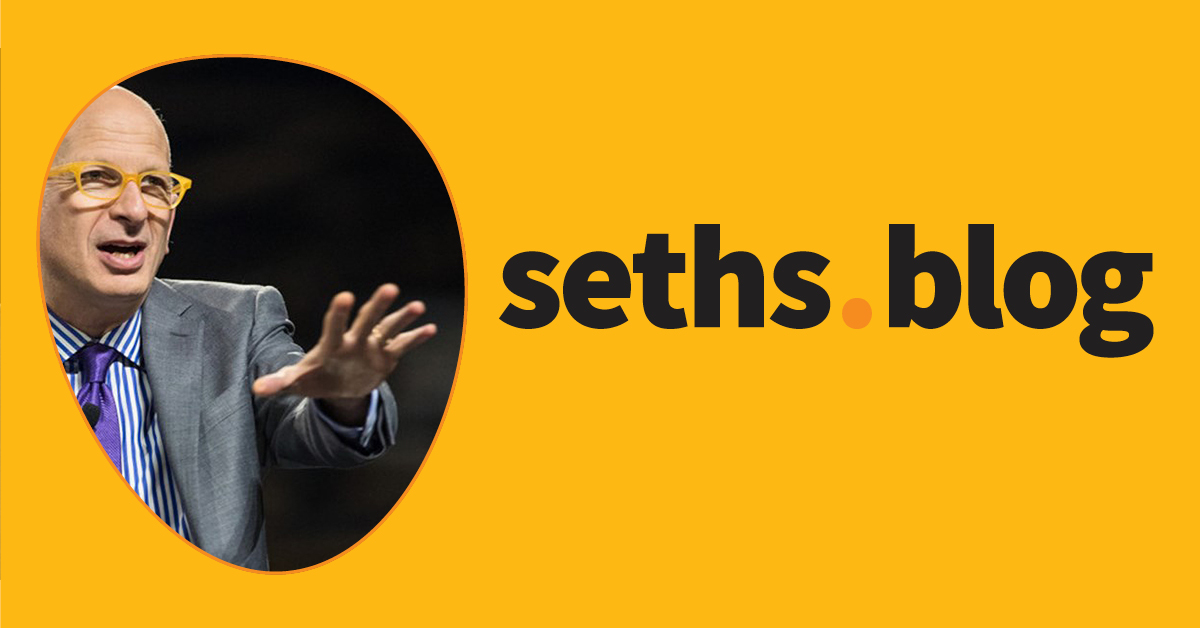- The Friday Mindset
- Posts
- Friday Mindset #114
Friday Mindset #114
Helping students get better at studenting
Happy Friday.
A new month! The sun is out… kind of. Buds and blossom abound. It stopped raining for an hour or two. It must be the run-up to Easter… our favourite half term of the year! Or second-favourite. Definitely top three.
Lots to share this week - let’s dive in…
Something to try...
On a recent school visit, we ended up having a long chat with Dr Arnold Reesink, a teacher of Geography and Physics at Lancing and a visiting Fellow in Geosciences at Loughborough. He’s a hugely impressive guy with a razor-sharp intelligence and a ton of creativity.
A few days after we’d met, he got back in touch to show us this, and he’s kindly given us permission to share it here. Take a look:

reproduced with the kind permission of Dr Arnold Reesink
We’re always interested to develop this approach to student support - one that asks the learner themselves to make some metacognitive judgements about their own approach to study as a starting point for a coaching conversation or mentoring session. The categories chosen here are powerful; some, as you can see, are subject-specific, but others are adjacent to VESPA characteristics, so students are being encouraged to think about progress at both the micro and macro level. The smaller text gives clues to follow too.
To download a copy of the version above and examine it more closely, follow this link.
Or, to download an alternative version - just as good - that places its focus firmly on non-cognitive elements of study alone, click here.
These resources could be the start of a really effective series of intervention conversations for you or, if you’re a middle or senior leader, something to stimulate discussion and reflection in a meeting or working group.
Hats off to Dr Reesink for sharing!
Something we're reading...
Occasionally, a blog post is written with such calmness, clarity and insight that it fires us up afresh. This piece, A Transformative Summer, asks us to consider the kind of interesting work we might do with our time away from the classroom this July and August.
We read it partly with students in mind - young adults are mentioned in the opening sentences, and the writer asks that we forward it to anyone heading into a pivotal summer - but partly, we admit, with ourselves in mind as well.
It’s just a list of possibilities, you might argue. Yeah. But what possibilities!
It might have been a few years ago we shared some pre-summer tutorial resources to encourage students to spend their summer building something. We’ll dig them out and share them again this June if anyone wants them.
Our latest offer...
Before the summer comes, the exams! Martin’s running an online, after-hours course on evidence-based revision with Bath Spa School of Education next week - Tuesday 5th March at 4pm. There’s still a spare space or two at the time of writing. This one isn’t a freebie but it’s chock-full of interesting stuff, including a complete fifteen-session VESPA curriculum with its entire focus on revision, fully resourced and ready to go. Not to be sniffed at…
If you’re interested, sign up here:
And that’s it for now. Get out into that weak sunshine. Shed a layer. Buy a beer.
All the best to you and yours,
Steve, Tony and Martin
p.s.
Back when she was three or four years old, Martin’s daughter wanted to draw a unicorn. She had one of those drawing books where there’s a picture to copy, with a grid laid over it, and the child is encouraged to copy what is in each square of the grid to produce their own version.
Here’s what happened when Martin’s daughter tried:

This is an interesting reminder of how easily children ask for help in those early developmental stages. Asking for help isn’t a threat to their ego. It isn’t confirmation of some weakness or other, it doesn’t underline some intellectual shortcoming. Kids just ask for help.
By high school and college, asking for help becomes freighted with socio-cultural baggage.
So here’s a thought experiment.
What if we could just have a week where we all - staff and students - unselfconsciously asked for help again? Imagine the progress we could make.

Reply